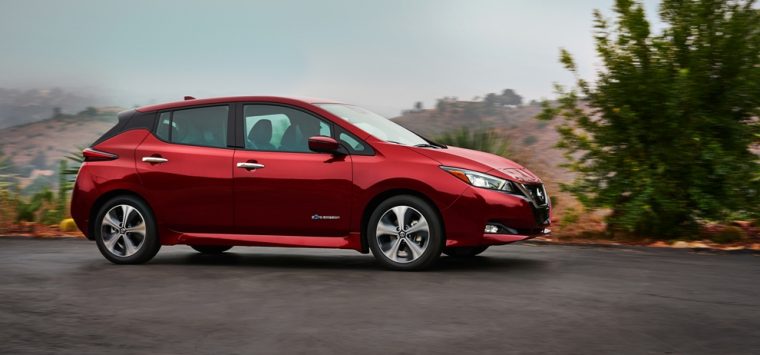Nissan Partners With Brazil University For EV Battery Research
When you keep a device with a rechargeable battery, such as a cell phone or tablet, for an extended period of time, its ability to hold a charge decreases as it ages. The same is true of the large rechargeable batteries that power electric vehicles. To figure out what to do with these batteries once they are no longer fit for EV use, Nissan is partnering with the Federal University of Santa Catarina in Brazil to study the possible uses.
Tech at Your Fingertips: Learn more about the NissanConnect system
Nissan and UFSC held a joint event to showcase the signing of the partnership agreement. President of Nissan Brazil Marco Silva, professor Sebastiao Roberto Soares (the provost of the school), and professor Ricardo Ruther (coordinator of the UFSC Photovoltaic Laboratory) were on hand to sign the papers and discuss the goals of the collaboration.
“Worldwide, Nissan has been forming partnerships with the purpose of integrating electric vehicles with society and promoting electric mobility,” said Silva. “Upon removal, the batteries retain a high charging and supply capacity. In Brazil, joint efforts alongside researchers of the Federal University of Santa Catarina will be essential for testing the batteries’ full potential.”
Something New: Check out the all-new 2019 Nissan Altima
According to Nissan, one of the main focuses of the research will be to determine if the used batteries could work in energy storage systems, particularly in the retention of energy generated through solar power. The team will also focus on using the batteries in homes, letting them charge from the power grid. Considering the average energy use in Brazil, the scientists estimate that one battery could run a household for three days.
Nissan hopes researchers find better uses for spent EV batteries, as it would make green cars like the Nissan LEAF have a much bigger impact on the world around it than just the gasoline it is not using.

The News Wheel is a digital auto magazine providing readers with a fresh perspective on the latest car news. We’re located in the heart of America (Dayton, Ohio) and our goal is to deliver an entertaining and informative perspective on what’s trending in the automotive world. See more articles from The News Wheel.


